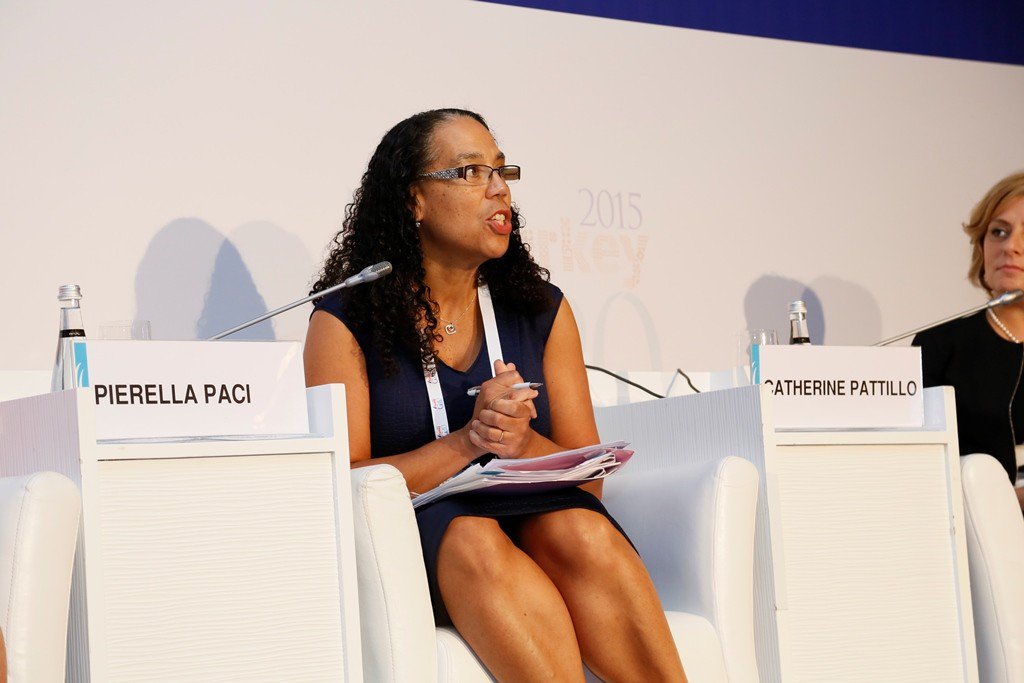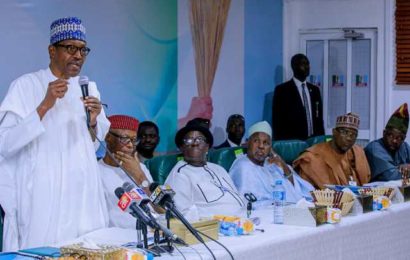 The International Monetary Fund (IMF) says Nigeria is creating economic difficulty for its neighbours, being a very important of economy in the west African region.
The International Monetary Fund (IMF) says Nigeria is creating economic difficulty for its neighbours, being a very important of economy in the west African region.
Speaking at a press briefing on the IMF Fiscal Monitor report in Washington, Catherine Pattillo, head, fiscal policy and surveillance division, IMF fiscal affairs department, said Nigeria’s challenges were hurting its neighbours.
“The slump in oil production and slow growth has created challenges for the country (Nigeria), but one statistic that is quite striking to me is that the debt profile is weakening and interest payment account for more than 45 percent of federal government revenue,” Pattillo said.
“On fiscal side, the important priority should be in safeguarding fiscal sustainability — which means, importantly, to increase non-oil revenues — and implementing an independent price-setting mechanism that minimises fuel subsidy.
“So, these are two priorities, while also, of course, improving public service delivery so that citizens can see the benefits of good governance and services financed by the government.
“As you know, Nigeria is a very important economy in the region and its success has positive spill over for the region, particularly in West Africa and its challenges then creates difficulties for its neighbours.”
NIGERIA MUST RAISE ITS CAPACITY TO RECOUP TAXES
Vitor Gaspar, IMF director, fiscal affairs department, also said the debt rise is characteristic of the oil-producing economies.
“Message number one is that if you look at the global debt and deficit landscape, you’ll see that the countries that have the highest public sector deficit are oil exporters,” he said.
“Nigeria is in debt group as a country that was very much hit by very low oil prices. That is a general message because it applies to oil exporters in general; the group of oil exporters have shared some characteristics.
“The most important point in my view of general relevance is that for countries in sub-Saharan Africa to deliver on SDGs, for most of them, the key challenge is the building up of revenue mobilisation capacity through tax capacity building; that’s a key priority.
“These countries must improve their capacities to raise revenue, and why is that so? Because there is such need in term of public infrastructure, there is such need in terms of public education, there is such need in terms of health.
“For these group of countries, public finance, fiscal policy is part of the overall development strategy, and in that, tax capzcity is a fundamental cornerstone.”








